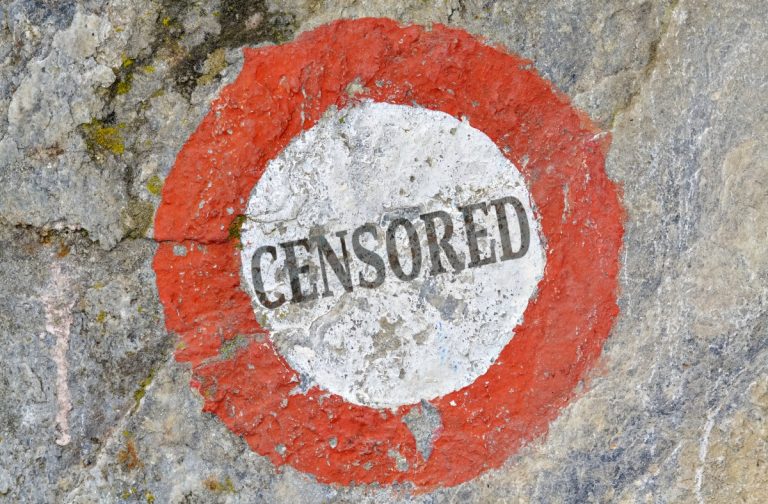
A Berkeley professor has condemned the censoring of ‘hate speech’ at Cornell University following the assault of black students and chanting of ‘build a wall’.
Professor Erwin Chemerinsky, Dean of Berkeley Law and a professor of Constitutional Law and First Amendment Law, was invited to speak at Cornell University to discuss whether ‘hate speech’ should be banned, reported Campus Reform.
Chemerinsky argued for the protection of ‘hate speech’ on the grounds that it is protected in the Constitution. Unless it involves inciteful language, “fighting words”, genuine threats or otherwise conveys “imminent danger to physical safety”, he explained, “hateful speech is protected by the First Amendment”.
Following two reports of racial incidents carried out by two separate fraternities, the Cornell Student Assembly passed a resolution in September condemning hate speech, and the school’s Graduate Student Assembly passed similar resolutions shortly thereafter, according to The Cornell Sun.
https://twitter.com/PaolaMunozRojas/status/908860895148822534
The Graduate Student Assembly notion included “diversity, ally and unconscious bias training” for all Cornell students and also called on Cornell “to support its students by committing to never again recognizing a chapter of Psi Upsilon on campus”.
Psi Upsilon are the fraternity accused of assaulting a student, however they have denied the attacker was a member of Psi Upsilon.
Regardless, Chemerinsky argued the law must be upheld regardless of liberal ideologies often found on US college campuses.
“All ideas and views can be expressed on a college campus. Period. It’s very important to make the distinction between discussing what the current law is as opposed to discussing what we think the law should be,” he said to Campus Reform.
Chemerinsky acknowledged “many scholars argue that hateful speech should be beyond the pale and outside the scope of the First Amendment”, but contended this approach flatly contradicts the original purpose of codifying freedom of speech.
“The reason we protect free speech is not for the speech we like,” he observed. “We let that go on anyway, but the only way I’m going to be able to speak tomorrow is to allow the speech I don’t like today.”







